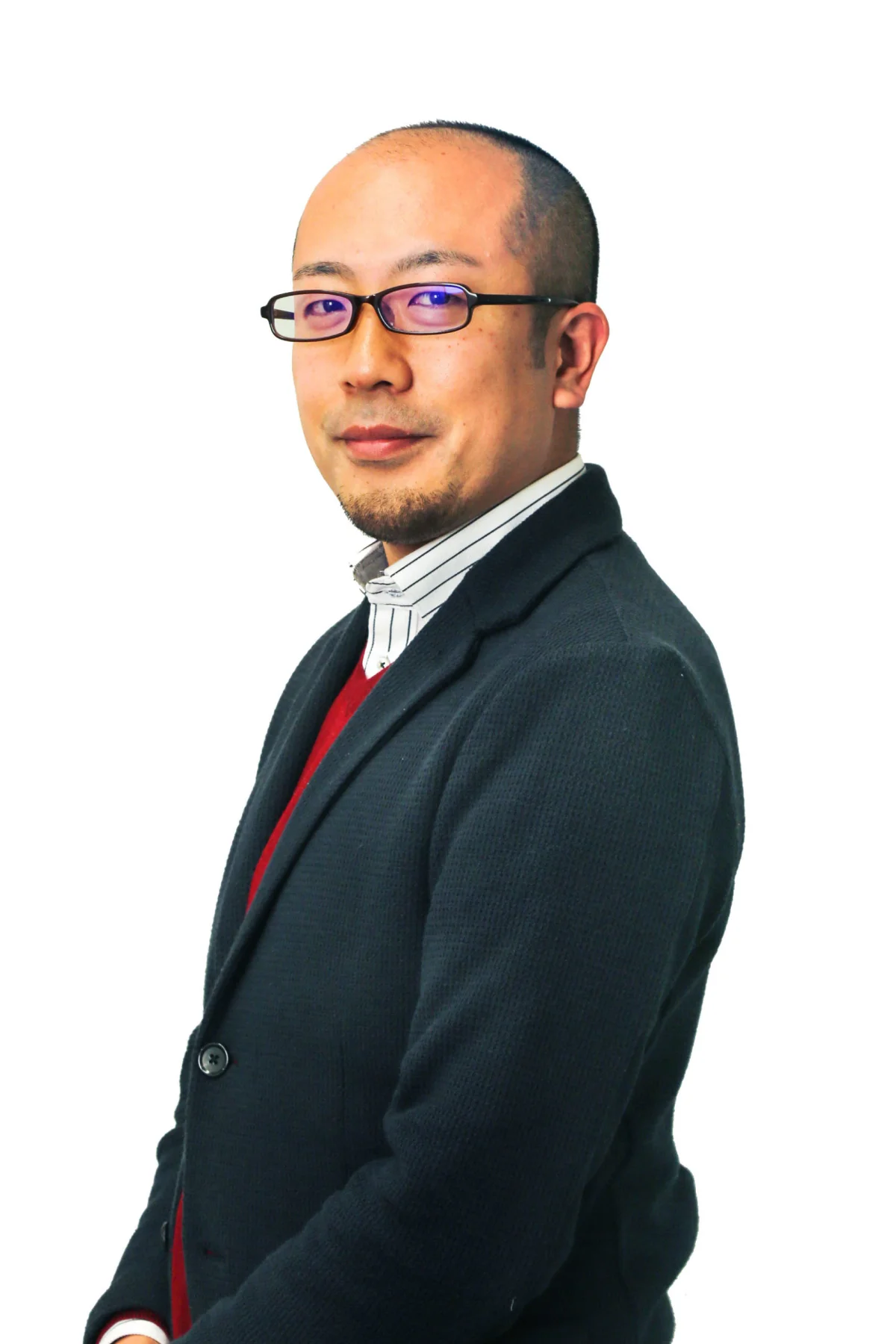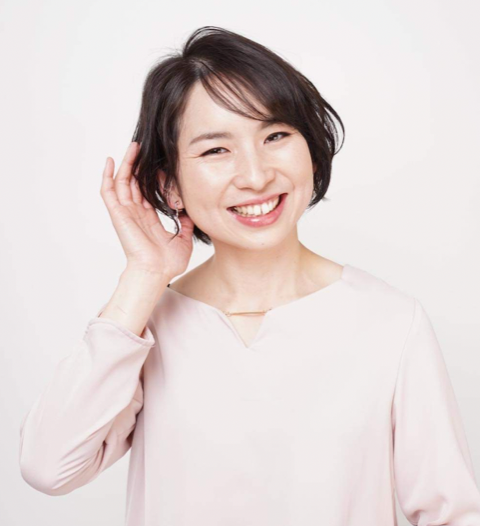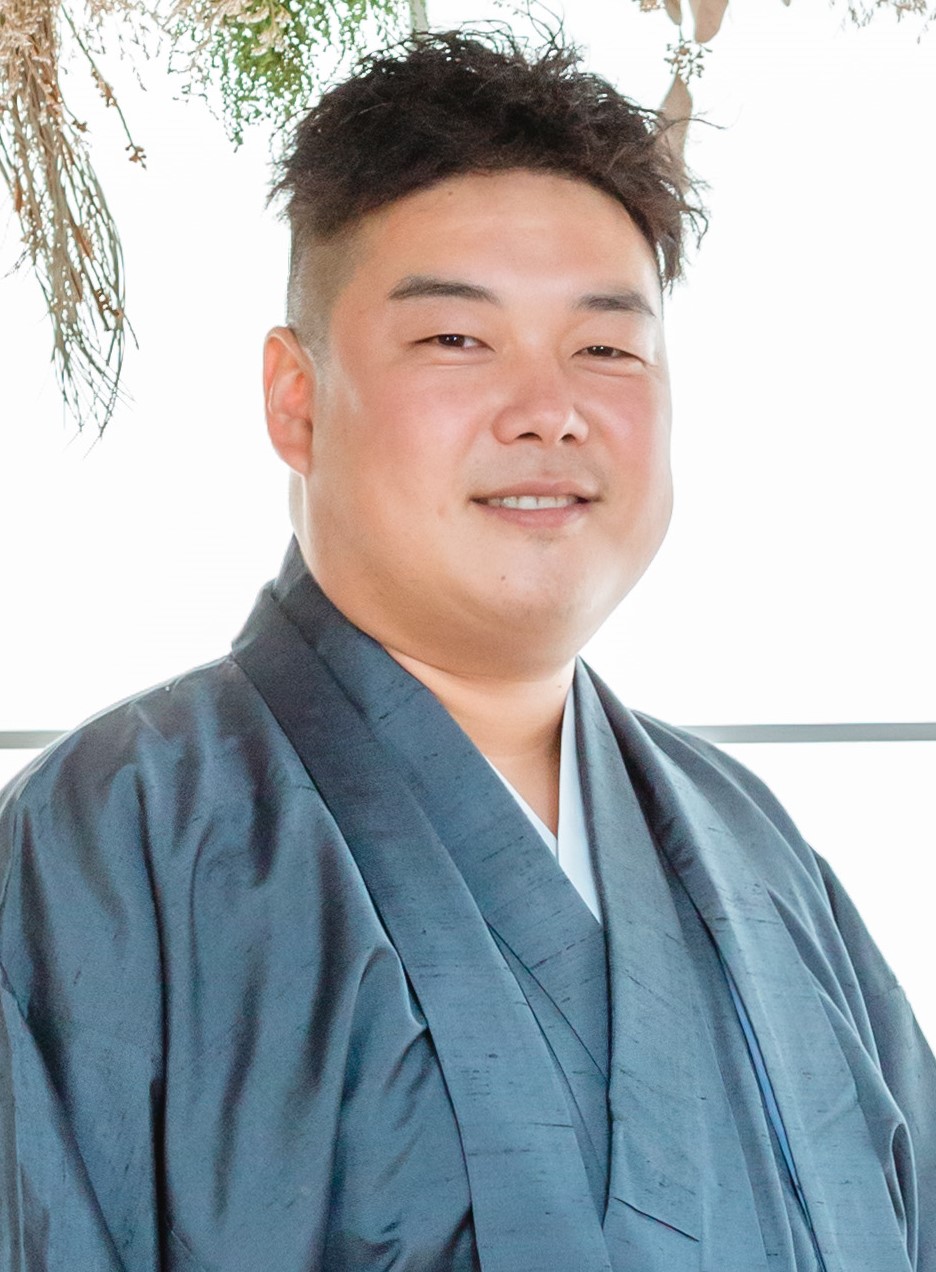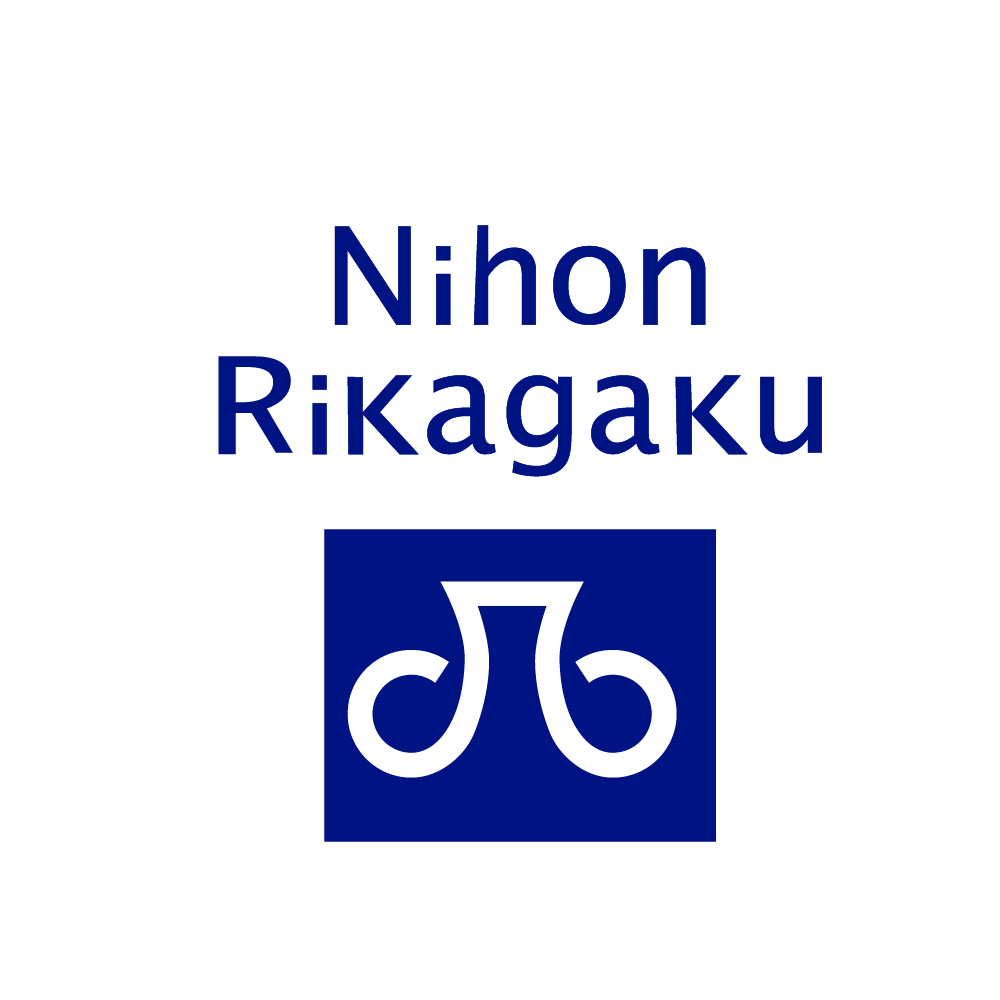Capturing Moments Beyond Labels: VISAGE Studio’s Inclusive Approach to Photography
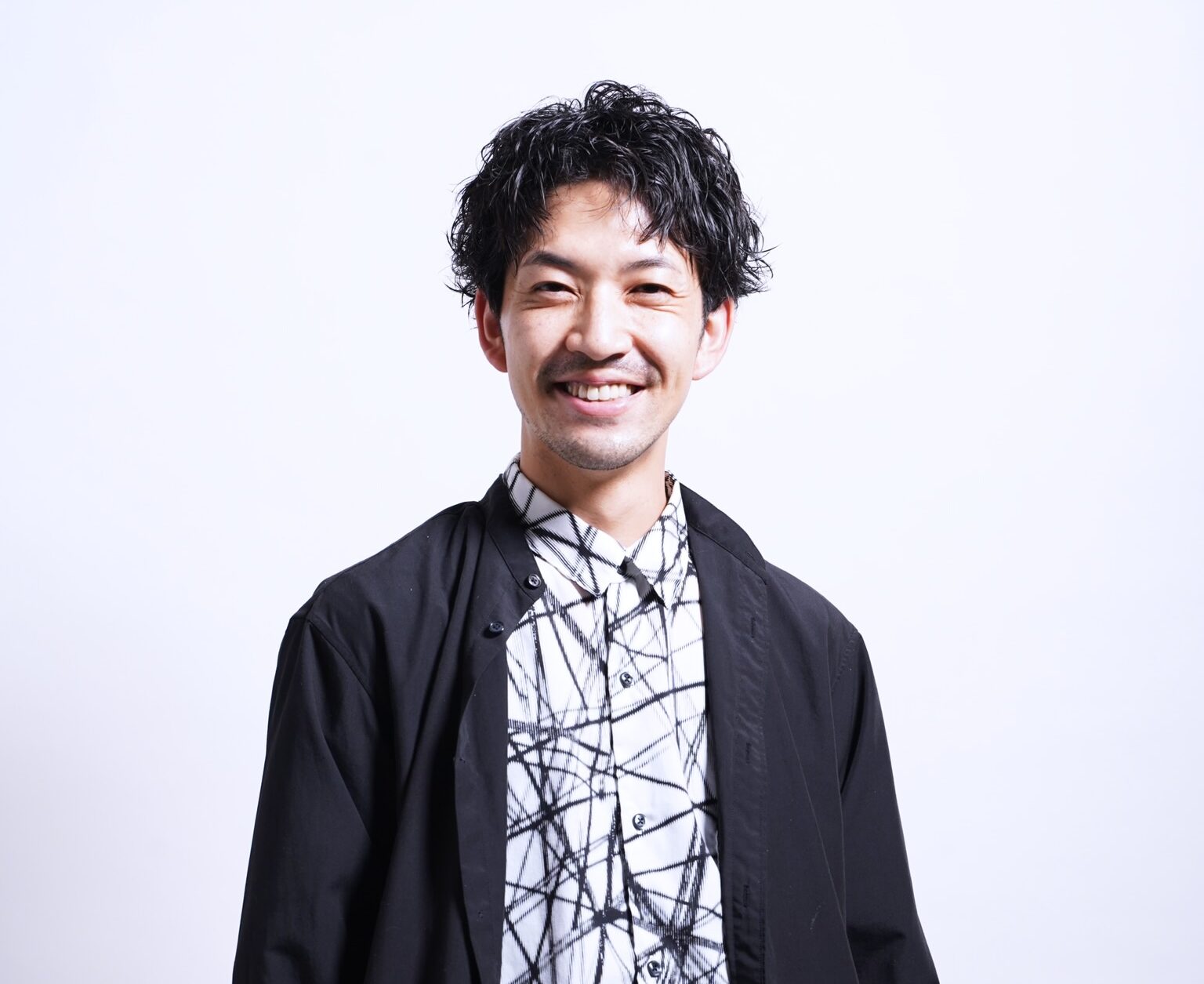
Photographing people with intellectual disability may seem challenging but in my case, it powered my curiosity. As I captured their images, they smiled effortlessly and I thought, ”Could they truly have a disability?”
──VISAGE studio (Ichikawa) Yuta Seno
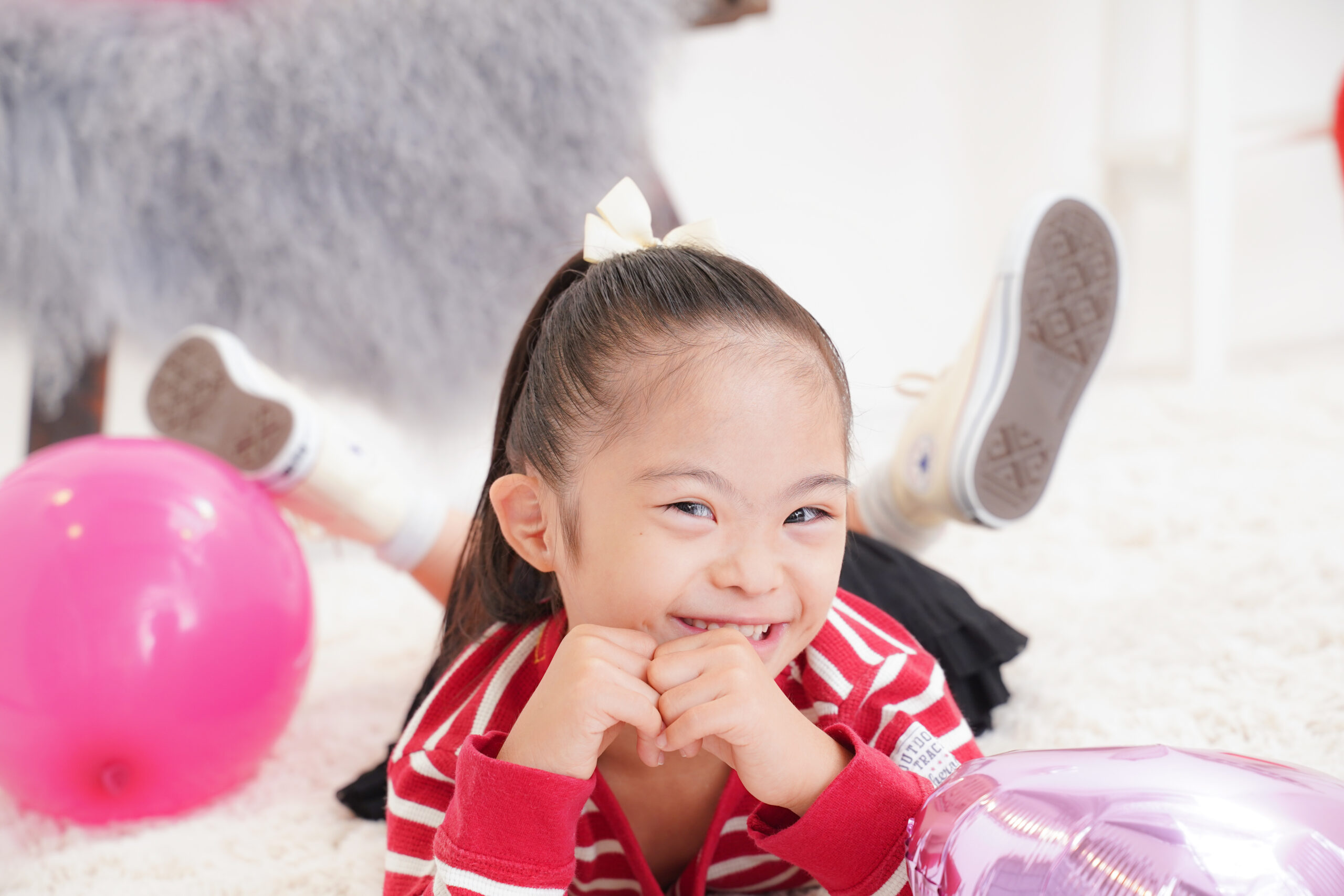
We understand the importance of capturing your child’s precious moments professionally. Whether it’s for birthdays, the Shichi-Go-San festival, kindergarten ceremonies, or family portraits, these memories hold special significance for parents and even grandparents. We believe this is equally important, even if a child has an disability. However, in reality, many parents feel compelled to give up on this idea, thinking they might cause trouble to the store staff, or can’t find any studios that will photograph children with disabilities. In light of this, we are pleased to introduce VISAGE studio (Ichikawa City, Chiba Prefecture), which enjoys capturing adorable moments of all children. We spoke to Yuta Seno, the person in charge of VISAGE studio, who works closely with children and ensures a supportive environment where children can be themselves, regardless of any disability.
=====
VISAGE studio:
Visage studio operates under Visage Creation Co., Ltd., established in 1990. Alongside managing 25 beauty salons and all mainly located in Chiba Prefecture, central Tokyo and Saitama Prefecture. They oversee various ventures such as bridal salons, photo studios, specialized photoshootings, hair and nail salons, and medical wigs. Many of their salons feature designated ”kids spaces”, and we have taken this opportunity a step further and started an initiative at VISAGE studios ”kids spaces welcoming children with disabilities”. As the company is involved in a wide variety of businesses, this is a valuable first step that can be expected to expand to other businesses.
=====
──What did you honestly think when you first heard about the “Intellectually Disabled Kid Models”?
When I first heard about “Intellectually disabled Kid Models” I struggled to grasp the concept of intellectual disability beyond developmental disorders like Down syndrome. My initial concern was whether I could successfully capture their uniqueness as a photographer. I found myself more preoccupied with how I could handle the situation than with the idea of working with the disabled kid models themselves.
──You initiated the “first step.” What were the emotions driving that decision?
Taking the first step was driven by a sense of responsibility and empathy. In today’s world, everyone must take into consideration and act on the Sustainable Development Goals (SDGs). Our company is actively identifying ways to address all aspects of the SDGs, starting with small actions like avoiding colorants in our products to providing equal service to all customers.
If parents of children with intellectual disabilities find it difficult to use photo studios, I thought we should do something about it. Inspired by existing initiatives like gender-neutral salons in Tokyo, I took an opportunity to better our company by proactively supporting people with disabilities.
──I foresee more opportunities emerging to photograph children with intellectual disabilities in the future. Do you have any specific concerns?
Initially, my main concern was safety. I worried about potential accidents or unpredictable behaviors that I might not be equipped to handle. However, in my experience photographing Shichi-Go-San festivals, I’ve encountered energetic children and even ended up in playful scuffles, such as wielding a prop sword and getting the child’s kimono messy. It made me realize that I should approach situations involving children with disabilities just as I would handle everyday scenarios.
Ultimately, the ability to capture a good photo relies on the photographer’s skill, so there’s no need to ask children to be patient or force them to smile.
Recently, Mrs. Uchiki introduced us to two models—a girl with Down syndrome and a boy with autism and intellectual disability—and the photo shooting went smoothly for both. Initially, we pondered the boundaries of intellectual disability, but it became apparent that these distinctions are becoming less clear. I found myself questioning, “Is this a disability?” In reality, regardless of disability status, some children are shy and have stiff expressions, while others are more active and harder to contain.
As long as safety measures regarding location and procedures are in place, I believe there should be no issues whether or not someone has a disability.
— Mr. Seno, have you ever involved with children with intellectual disabilities?
I’m mainly a hairdresser, but I also handle photography at the studio and we often have customers with disabilities. Additionally, it’s not uncommon to encounter children with developmental disabilities making noise in places like restaurants or on trains. Seeing this, I noticed how cautious their mothers are about their surroundings, and I think it must be challenging for them to go out to different places.
──As a parent of a child with a disability, I am honestly happy to hear such words. When we introduced VISAGE studio on our Instagram, our followers commented, ”This year, my son is attending Shichi-Go-San, and he has a severe intellectual disability, so it’s hard to find a photo studio. I can’t believe such a wonderful place exists.”
Thank you! I believe that establishing mutual understanding between service providers and parents of children with disabilities is crucial. Often, providers may not be aware of the diverse needs of such children, while mothers might not know that there are companies offering services tailored to them. Instead of immediately dismissing the idea with “It seems challenging to photograph a child with a disability. I can’t do it,” photographers should embrace the challenge with an optimistic attitude, saying, “Let’s give it a try!” With determination and effort, it usually turns out quite well.
—That’s true. Thank you for sharing your insightful perspective. Initially, your company is trying out this approach at a photo studio. However, is there a chance it could be extended to beauty salons in the future?
Our priority is to find ways to meet the needs of all our customers. Since everyone is investing their time and money, it’s crucial to ensure equal satisfaction for everyone. By welcoming children with disabilities and their parents as valued customers, it’s essential to guarantee their complete satisfaction. Simultaneously, we aim to provide value-added services such as “quiet time” and “personalized space.” However, we must be mindful not to inadvertently make other customers feel uncomfortable. Striking the right balance is paramount.
In essence, creativity is key when it comes to addressing concerns about “location” and “timing.” For instance, offering private rooms or considering early morning appointments could make it easier to accommodate customers’ needs.
──Absolutely, it appears there’s a way to satisfy both sides. To accomplish this, fostering the “mutual understanding” you emphasized earlier will be crucial. Thank you sincerely for your insightful conversation today. We eagerly anticipate your ongoing success and support.
=== A word from Miki Uchiki, CEO of Hanahiraku ===
VISAGE Studio decided to photograph a kid model with intellectual disabilities from our company after I shared our company’s flyer with the person in charge of “VISAGE act Motoyawata,” a hair salon I’ve been for many years. I simply mentioned, “Parents of our models are interested in having professional photographs taken of their children with intellectual disabilities,” and they responded, “You’re welcome to come to our studio.”
Mr. Seno, who agreed to the interview, has a gentle smile and a considerate manner of speaking. He seems like someone who can create a relaxed atmosphere for children to have their photos taken.
While the effort to “welcome children with disabilities” is a collective endeavor across the company or store, what matters most is the understanding of those directly involved. As Mr. Seno pointed out, I realized the importance of providing a space for parents of children with disabilities and service providers to openly discuss their situations and needs.
I believe this conversation will not only benefit the VISAGE group but also various other businesses. It marks the first step toward a wonderful initiative. We’ll continue to closely follow its progress.
Interview and text by Kaori Kidoue


